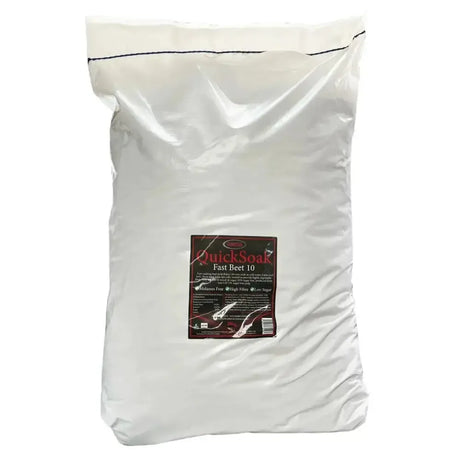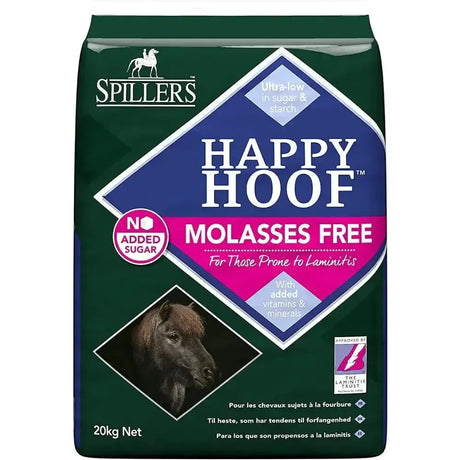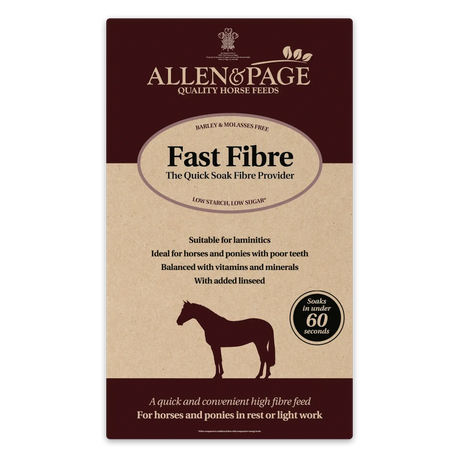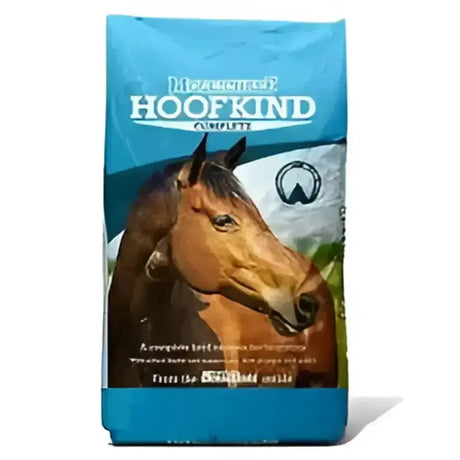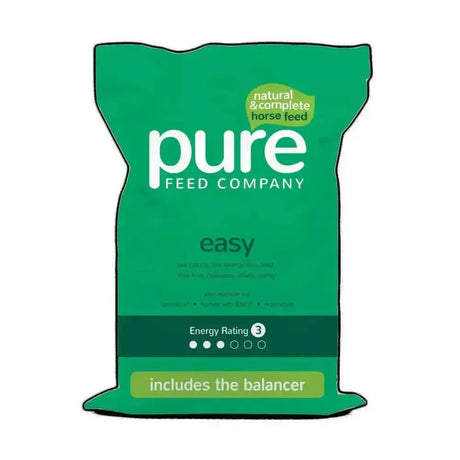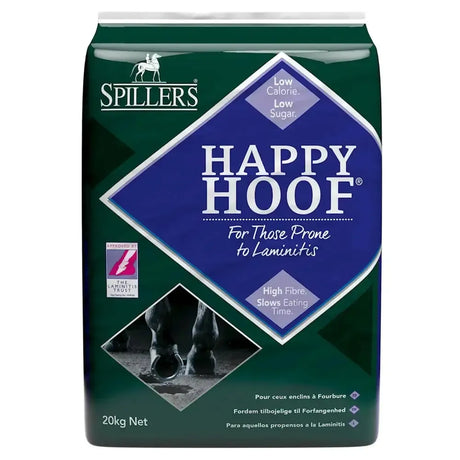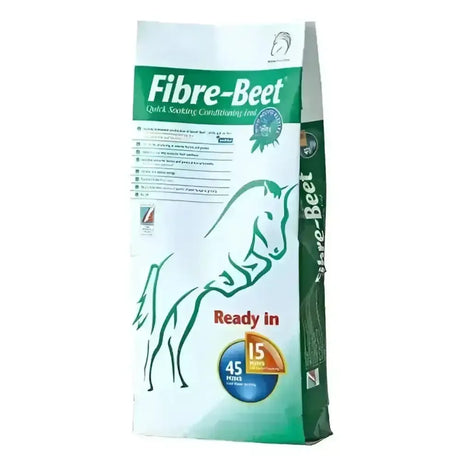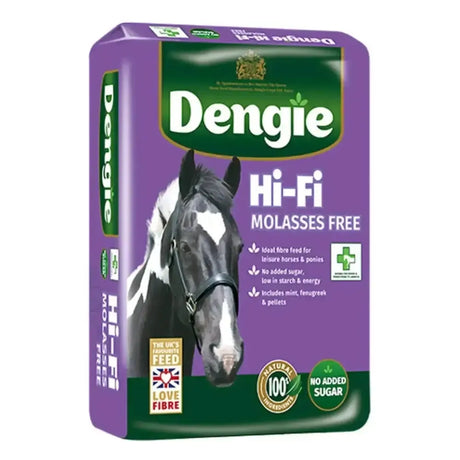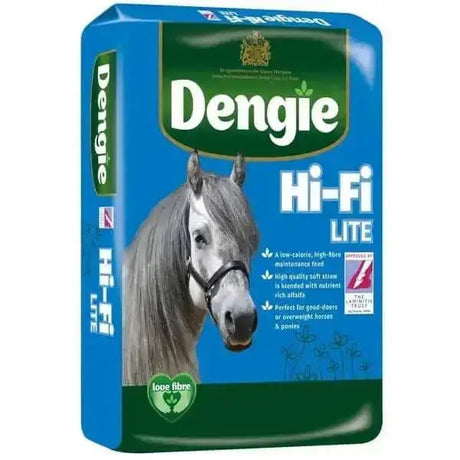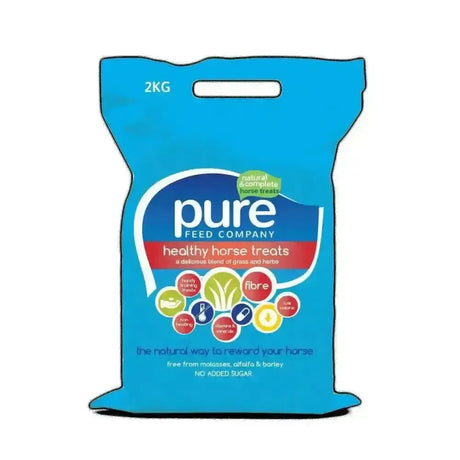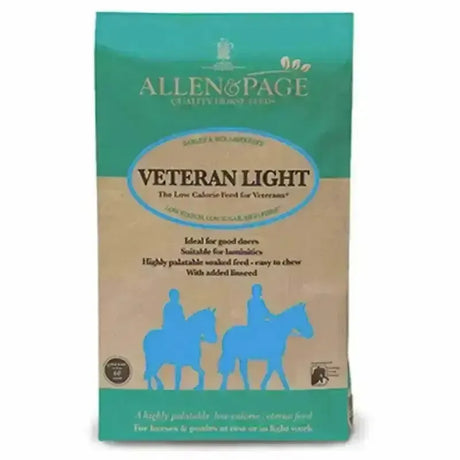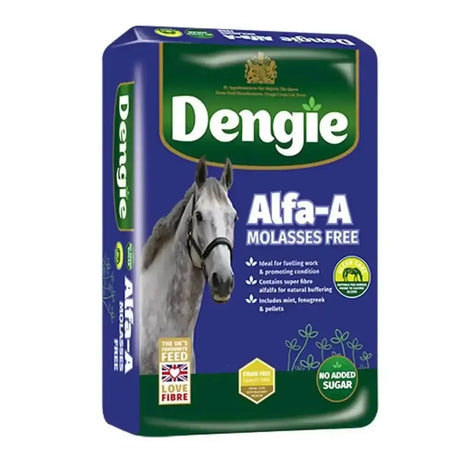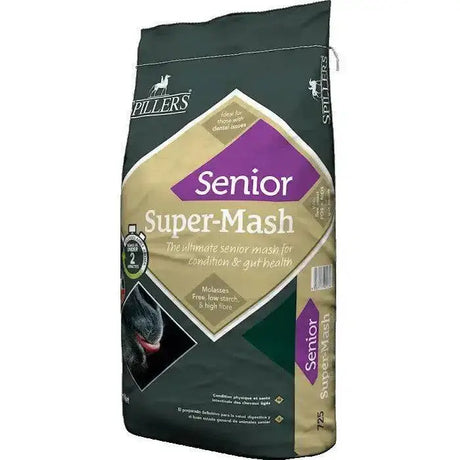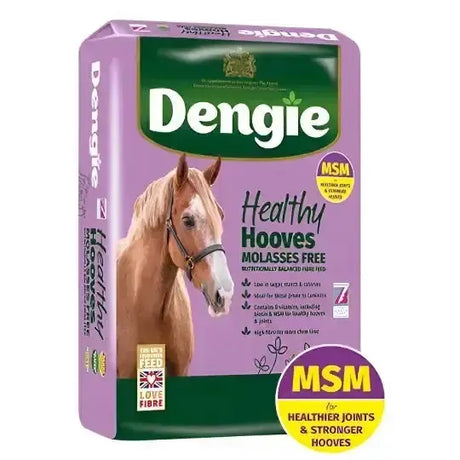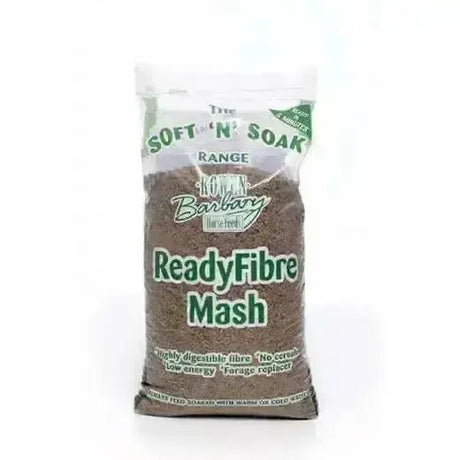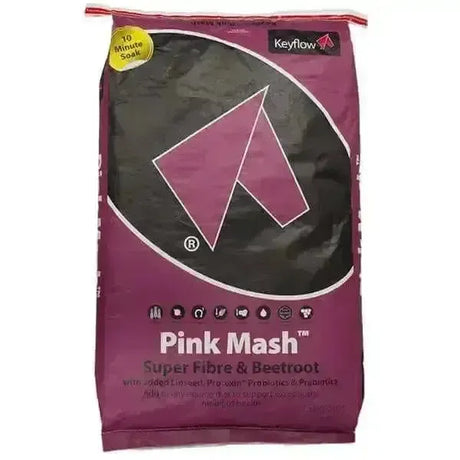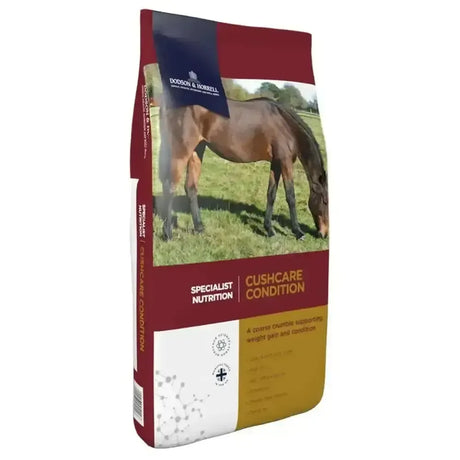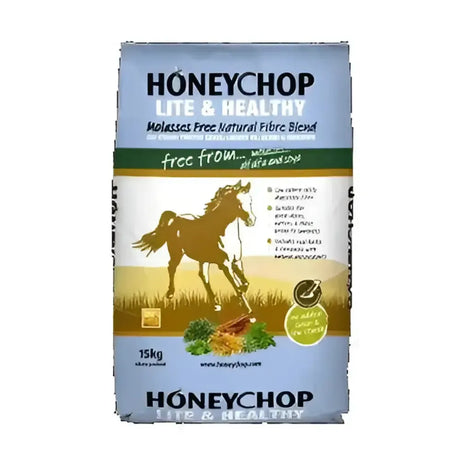Horse Feed For Laminitis
Laminitis is a serious condition in horses that affects the hooves, causing pain and lameness. Feeding horses with laminitis requires careful attention to their diet to avoid triggering flare-ups or worsening the condition. The main goals of a laminitis-friendly diet are to reduce the intake of starches, sugars (non-structural carbohydrates or NSC), and promote a healthy metabolism. Here are some key guidelines and feed options for horses prone to or recovering from laminitis:
1. Low-Sugar, Low-Starch Diet
-
Avoid grains like oats, barley, and corn, as these are high in starch.
- Choose forage-first diets: Provide high-quality, low-NSC hay (10% or less in NSC content).
-
Test your hay: It's important to test the sugar and starch content of hay. If hay is high in NSC, soaking it in water for 30–60 minutes can help reduce sugar content.
2. Feeding Forage
-
Grass hay is typically a good option, but avoid high-sugar grasses like alfalfa.
-
Timothy or Bermuda hay are often recommended, but again, test for NSC levels.
- Limit grazing on lush pasture because fresh grass can be high in sugars, especially in the spring and autumn.
3. Specialized Feeds for Laminitis
There are commercial feeds formulated specifically for horses prone to laminitis, which are low in sugar and starch. Some of the well-known brands include:
-
Triple Crown Safe Starch Forage: A low-NSC, complete forage with added vitamins and minerals.
-
Nutrena SafeChoice Special Care: A controlled starch formula designed for horses with metabolic issues.
-
Dengie Hi-Fi Molasses-Free: A chopped alfalfa and straw mix, which provides a fiber-based feed without added sugars.
-
Speedi-Beet: A low-sugar beet pulp, high in fiber and safe for laminitic horses (ensure it's soaked before feeding).
-
Chaff-based feeds: These include chopped hay or straw with added vitamins, which can be fed to horses with laminitis. Look for molasses-free options.
4. Supplements for Laminitis
-
Magnesium and Chromium: May help support insulin sensitivity in horses with metabolic syndrome, a common underlying cause of laminitis.
-
Biotin, Zinc, and Methionine: These support hoof health.
-
Omega-3 fatty acids: Found in flaxseed or fish oil, omega-3s can help reduce inflammation, which is beneficial for laminitic horses.
5. Avoiding High-Sugar Feeds
-
Carrots, apples, and molasses should be avoided or strictly limited, as they are high in sugars.
-
Commercial treats often contain added sugars and starches, so check the ingredients before feeding them.
6. Weight Management
Many horses with laminitis are also prone to obesity or Equine Metabolic Syndrome (EMS). Reducing body weight through controlled feeding and regular exercise (as advised by a veterinarian) can help manage laminitis. Feeding in small, frequent meals rather than large quantities can also help avoid insulin spikes.
Summary of Recommended Feeds:
-
Forage: Low-NSC hay (like Timothy or Bermuda), Speedi-Beet (soaked beet pulp), and Dengie Hi-Fi Molasses-Free.
-
Commercial Feeds: Triple Crown Safe Starch, Nutrena SafeChoice Special Care, molasses-free chaff.
-
Supplements: Omega-3 fatty acids, magnesium, biotin, and zinc to promote hoof health and metabolism.
Always work with your vet or equine nutritionist to tailor a feeding plan specific to your horse's needs, as individual requirements may vary depending on the severity of laminitis and any underlying conditions like insulin resistance or Cushing’s disease.

